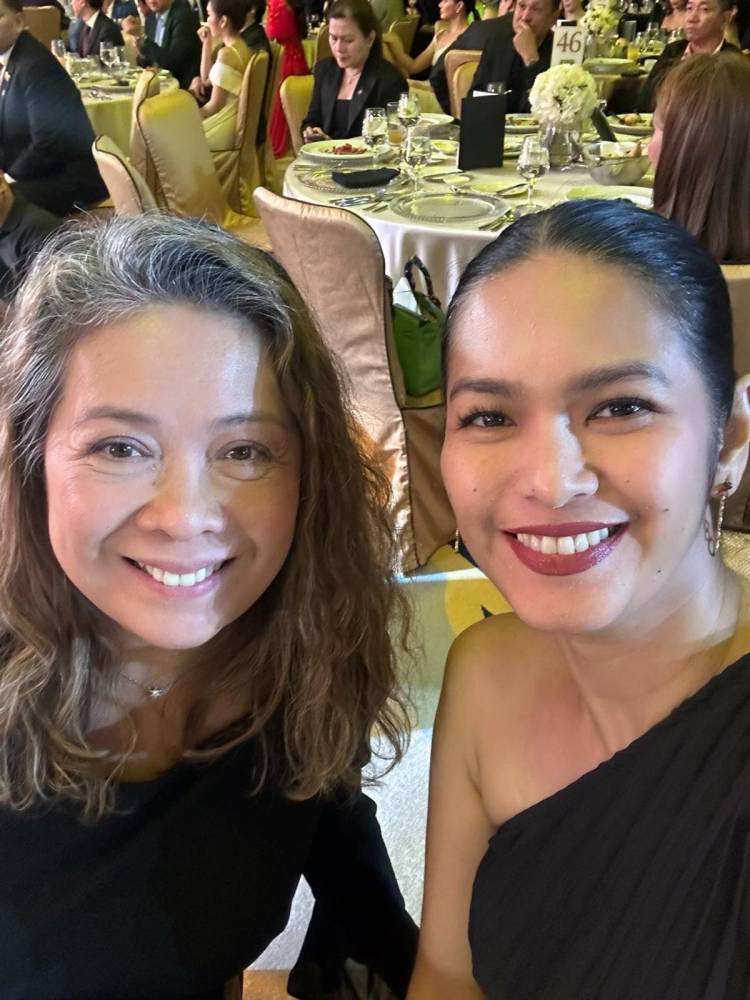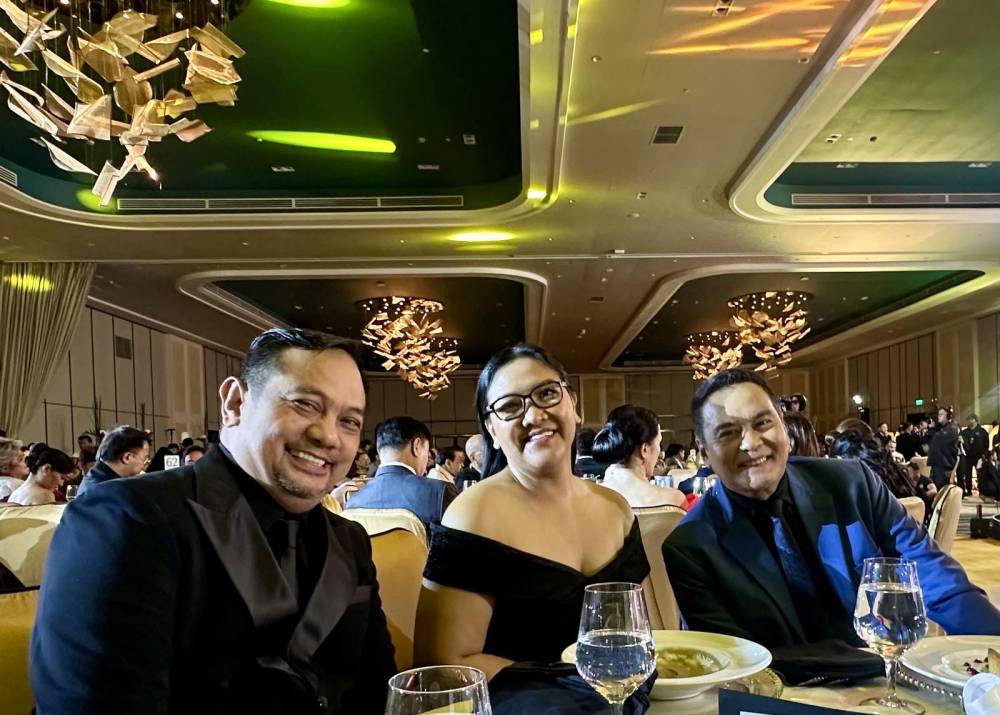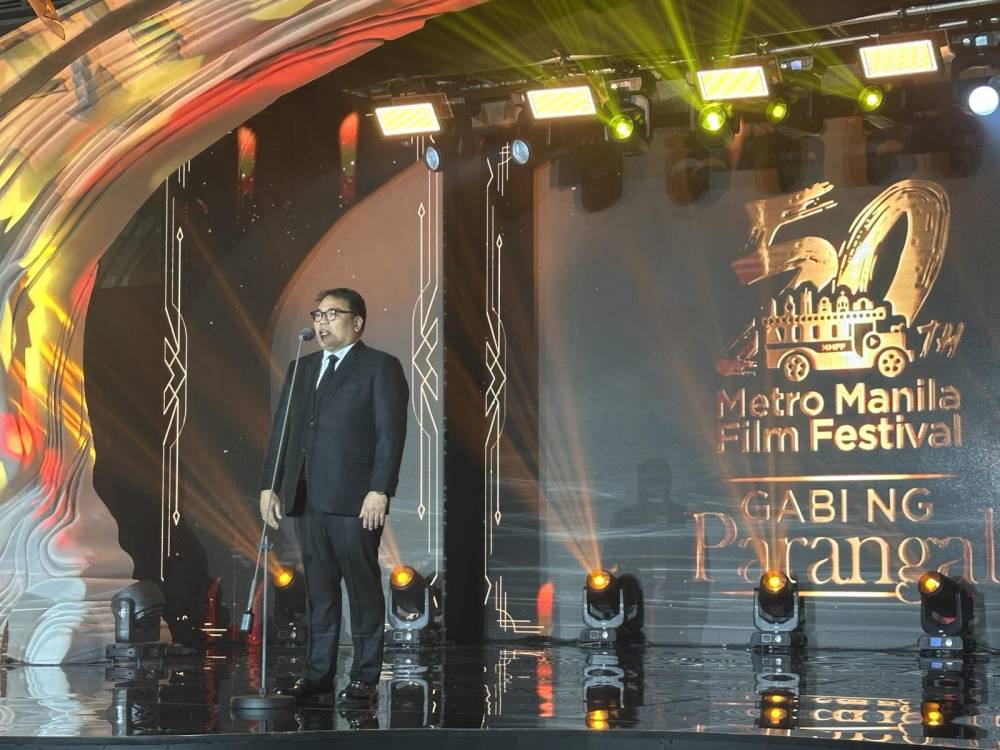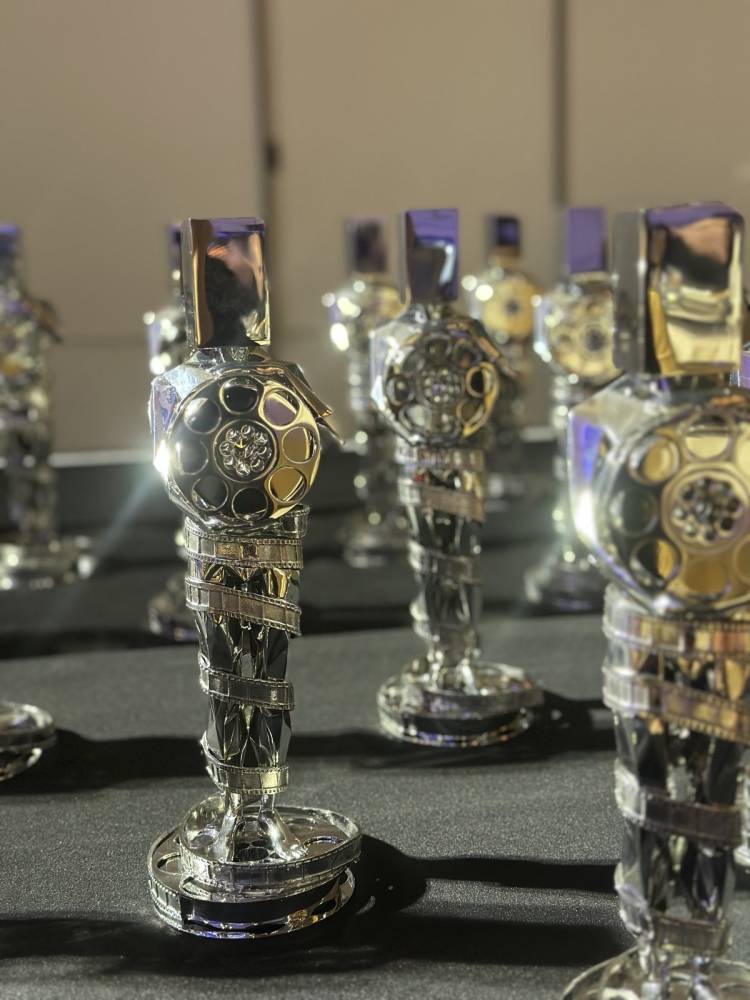‘Audience is priority’: My journey as juror at the 50th MMFF

The audience is our priority.”
These words, spoken by award-winning cinematographer Lee Briones-Meily, left a lasting impression during the 50th edition of the Metro Manila Film Festival (MMFF). As a member of the jury for this milestone year, I saw my fellow juror’s statement as a guide for my own decision-making process in selecting the 24 award recipients.
Briones-Meily, a seasoned jury member and Hall of Fame inductee, spoke to the core of the festival’s mission: to prioritize the audience’s interests in determining the best performances and films.
Alongside her, an esteemed panel—Nicanor Tiongson Jr. (jury chair), Jose Javier Reyes, Amenah Pangandaman, John Arcilla, Paulo Villaluna, Roy Iglesias, Jesse Ejercito, Thomas Orbos, Cesar Ona Jr., Racquel Wong, and Bing Advincula—participated in deliberations to ensure the awards reflected this sentiment.

Call to duty
It wasn’t just Briones-Meily’s mantra; it became mine, too.
When the MMFF organizing committee invited this writer to join the jury, I had one concern: Could I still write about the festival? I was assured I could, as long as I refrained from writing reviews to avoid any appearance of favoritism. “Tuloy ang buhay,” I was told. We were also asked to keep our jury status confidential. From that time on, we declined invitations to special screenings and refrained from sharing casual opinions.

The jury members watched all 10 entries over two days—five films per day. While some jury members missed some screenings but promised to watch them before our scheduled deliberations, our discussions during breaks already gave us an inkling of each other’s preferences.
But the real challenge came later during the deliberations. After all, 2024 produced a bumper crop—each of the entries gave its best, that’s why judging proved to be a difficult task.

Deliberation day
It was during the intense deliberations on the morning of Dec. 27 that the real decision-making took place.
What followed was 7.5 hours of heated debate. Each jury member nominated at least five artists or groups per award category. These nominations were tallied by the office of the MMFF executive director before being reviewed by Tiongson, who then led the discussion on each category.
He presented the criteria and talked with the members about areas that some of us consider more abstract, like cinematography, sound design, production design, and direction.

For categories like acting and screenplay writing, we asked jury members with expertise in those areas to break things down for the rest of us. The deliberations were thorough, particularly on the Jury Prizes and special citations. Discussions on the best actor and best supporting actress categories sparked especially passionate ones.
In these instances, several jury members, including this writer, were called upon to explain our choices and preferences.
When all was said and done, we cast our votes in secret. Only Tiongson and the MMFF executive director knew the results. Even us jurors had to wait for the 2024 Gabi ng Parangal later that night for the winners. To us, personally, the process felt like slow cooking—methodical, deliberate, and careful.

Defending the process
Speaking of cooking, we appreciated MMFF spokesperson Noel Ferrer’s move to promptly debunk insinuations of irregularities in the jury’s deliberation process. This came after some netizens voiced their frustrations on social media following the announcement of winners, claiming that certain films were robbed not only of awards but also nominations. “It was a cooking show!” they said.
“No leaks, definitely no cooking show … Rest assured, there was due process and the judgment was fair and sound, and final,” Ferrer declared.

Slow cooking has its advantages, much like the awards deliberation process. It enhances flavor, preserves nutrients, and yields consistent results. Also, taking the time to weigh each nomination carefully resulted in an outcome that we, as jury, felt was well-justified. Slow cooking also brings versatility to the table—just as the jury was flexible and open-minded in considering all aspects of filmmaking before coming up with the final choices.
Briones-Meily’s words guided us to the end. We eventually came up with a list of winners that reflected what all 13 of us considered was the festival’s true purpose—one that served the audience’s interests while at the same time, honoring the filmmakers’ artistry and dedication.
The experience reminded me that, much like slow cooking, great results require patience, passion, and attention to detail—and that receiving opposing reactions is part of the process, too.

















